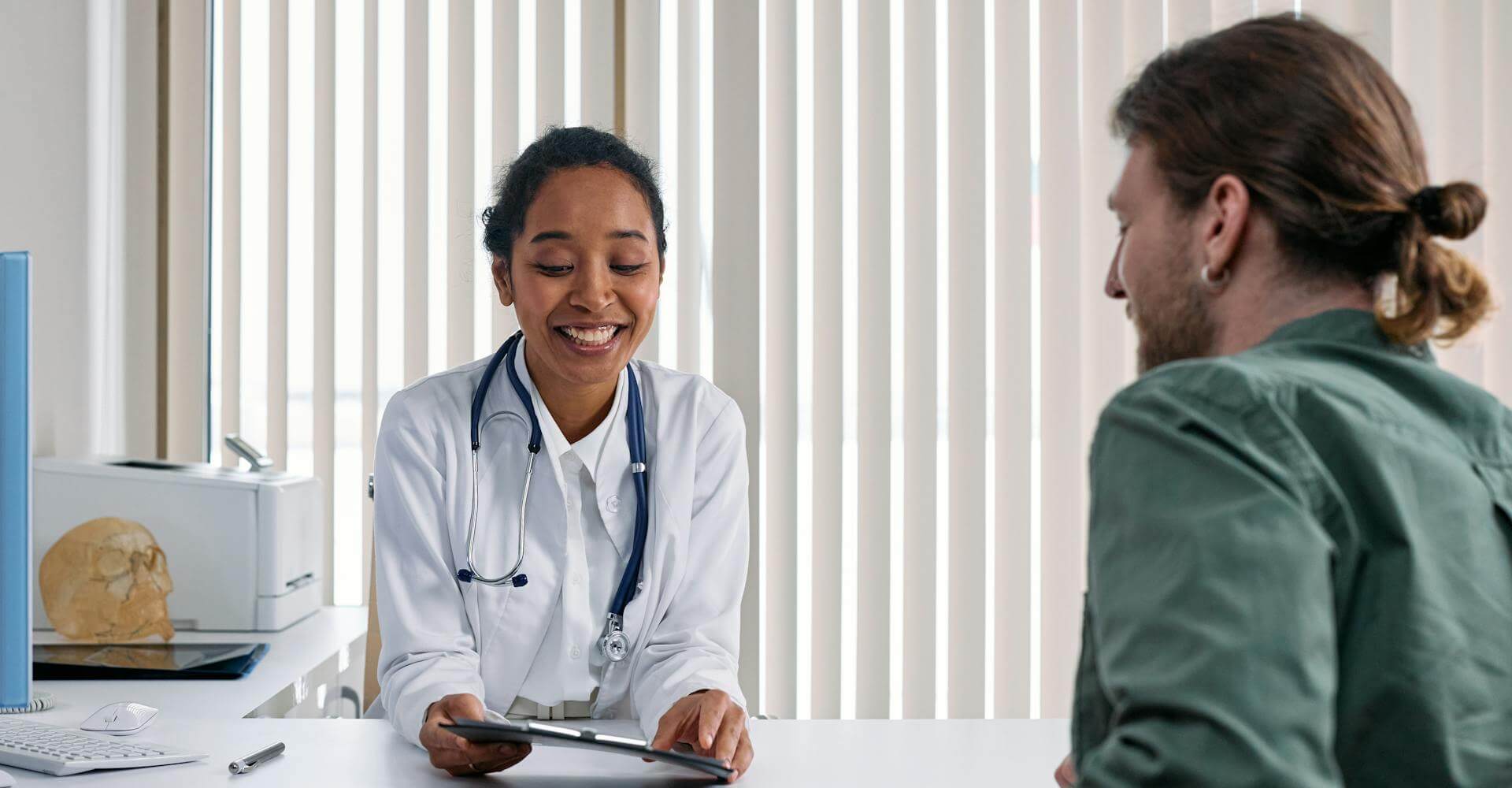In the realm of modern healthcare, physician assistants (PAs) are unsung heroes, playing a vital role in patient care and healthcare delivery. Their days are marked by versatility, collaboration, and a commitment to improving the overall well-being of patients. Join us on a journey to explore the dynamic and rewarding day in the life of a physician assistant.
Morning Routine:
The day typically begins early for a physician assistant, often with a careful review of the day’s schedule, patient charts, and any updates from other healthcare team members. This proactive approach ensures a smooth transition into a day filled with diverse patient encounters and medical responsibilities.
Patient Assessments and Rounds:
Physician assistants are actively involved in patient assessments and rounds, working closely with physicians, nurses, and other healthcare professionals. This collaborative approach allows them to contribute to comprehensive patient care by evaluating symptoms, ordering diagnostic tests, and suggesting treatment plans. Whether in hospitals, clinics, or other healthcare settings, PAs provide a crucial bridge between patients and the broader medical team.
Diagnostic and Therapeutic Procedures:
One of the distinguishing features of a physician assistant’s day is the hands-on involvement in diagnostic and therapeutic procedures. This may include suturing wounds, conducting minor surgeries, administering injections, or assisting in more complex medical interventions. PAs bring a practical and applied perspective to healthcare, contributing to efficient and effective patient outcomes.
Patient Education and Counseling:
Beyond medical procedures, a significant part of a physician assistant’s role involves patient education and counseling. PAs take the time to explain diagnoses, treatment plans, and preventive measures to patients, fostering a deeper understanding of their health conditions. This communication is crucial in empowering patients to actively participate in their own healthcare journey.
Collaboration with Physicians and Specialists:
Physician assistants work closely with supervising physicians and specialists, collaborating to ensure a comprehensive and coordinated approach to patient care. This teamwork is essential for addressing complex medical cases, discussing treatment options, and making informed decisions that prioritize the well-being of patients.
Administrative Tasks:
A portion of the day is dedicated to administrative tasks, such as updating patient records, documenting medical histories, and coordinating follow-up appointments. PAs must maintain accurate and detailed records to support continuity of care and facilitate communication among healthcare team members.
Emergency Responses:
In healthcare settings, emergencies can arise at any moment. Physician assistants are trained to respond swiftly and effectively to emergent situations, providing immediate medical attention and coordinating with other healthcare professionals to stabilize and manage critical cases.
End-of-Day Reflection:
As the day comes to a close, a physician assistant reflects on the challenges and triumphs of the day. Successful patient outcomes, positive interactions, and the knowledge that they have made a tangible difference in the lives of others contribute to a sense of professional fulfillment.
Conclusion:
A day in the life of a physician assistant is a multifaceted journey, blending medical expertise with compassionate care. PAs serve as integral members of healthcare teams, addressing the evolving needs of patients and contributing to the ever-advancing landscape of healthcare delivery. Their commitment to bridging gaps in healthcare ensures that patients receive comprehensive and high-quality care, marking the essence of this rewarding profession.






